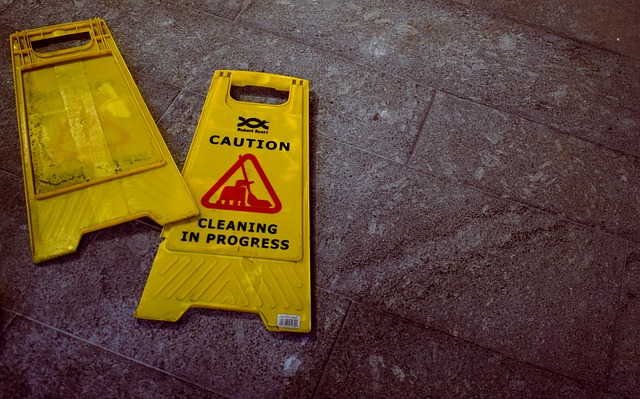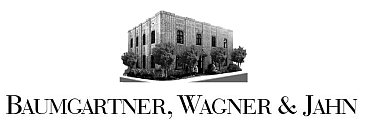
Slips, trips and falls can cause serious injury. According to the Centers for Disease Control and Prevention (CDC), one out of five falls causes a serious injury, such as a broken bone or a head injury. Over 800,000 people a year are hospitalized because of a fall injury, usually because of a head injury or hip fracture. Slip and fall claims typically involve businesses, such as grocery stores and restaurants, where the business proprietor fails to take proper precautions in connection with slippery substances on the floor. Trip and fall claims often occur on sidewalks and parking lots.
What To Do After Slips, Trips and Falls
If you trip or slip and fall in a retail establishment, there are steps you can take to help with a future claim if you are injured:
- Immediately report the incident to staff so they can document the fall.
- If possible, take photos of the spot where the fall occurred and get the names and phone numbers of any witness to your fall.
- Keep the footwear you were wearing. Seal the clothes you were wearing in a plastic bag if they have the residue of the liquid you slipped in.
- Seek medical attention as soon as you can, most importantly for your own health, but also to help document any injuries you may have suffered in the fall.
When a Property Occupier is Liable
Injuries on public property or business premises commonly result from a person tripping on or slipping in some hazardous condition of the property. The property owner or occupier is responsible for a slip or trip and fall accident if property owner either created the hazardous condition, or knew or should have known about it, and then did not take proper steps to either warn the visitor about the hazard or make the premises safe.
The injured person may not be in a position to know if the property possessor knew of the hazardous condition before the accident. A property possessor may have constructive notice of a hazard if there is evidence it has existed long enough that in the exercise of reasonable care the property possessor should have discovered it. In other situations, the business owner may be charged with knowledge of foreseeable hazards created by the self-service nature of its business.
